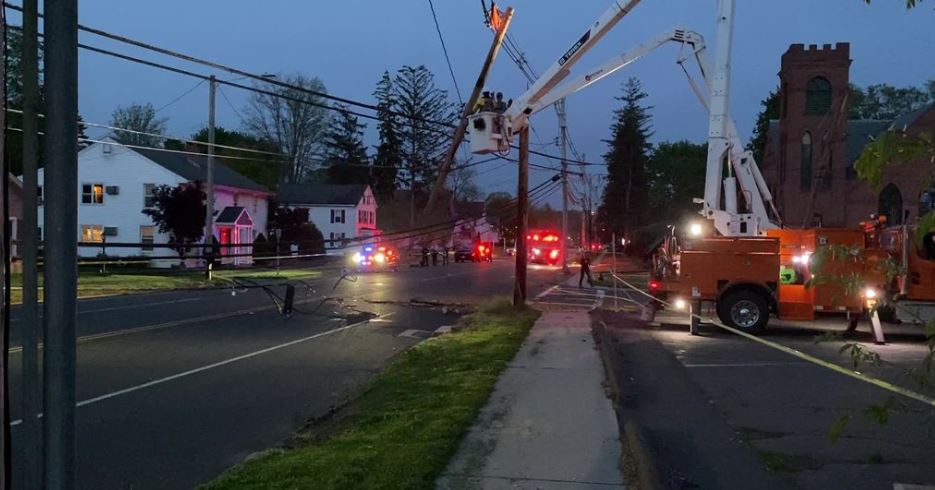The state Department of Energy and Environmental Protection is trying to figure out how a "highly invasive aquatic plant" called hydrilla ended up in the waters of Coventry Lake.
According to DEEP, an aquatic plant biology plant at the University of Connecticut recently found hydrilla fragments in the water.
Hydrilla, which is not native to the U.S., has become a big problem in the southeastern states and is spreading into the northeast, DEEP officials said. The plant threatens native vegetation, changes aquatic habitats and is difficult to control.
It's not clear how hydrilla fragments got into the lake. The plant's only other known locations in Connecticut are Silvermine River and small ponds with no public access, according to DEEP.
"This is a troubling discovery," DEEP Chief of Natural Resources William Hyatt said in a statement Friday. "This plant is highly invasive, and to date has only been found in a few locations in Connecticut. Finding it in a public water body that supports significant recreational use is concerning. We will move quickly to determine the extent of the infestation and to prevent further spread."
DEEP said Coventry Lake will be surveyed so officials can determine the extent of the hydrilla invasion and figure out how to control it.
Boating Division staff members will also be present at the boat launch to check vessels and trailers and provide information about decontaminating boats.
The state is asking boaters to take the following steps:
- Clean visible plants, fish, animals, mud and debris from vessels before leaving the boat launch
- Drain water from every space in the boat and dry off everything that comes into contact with the water
- If you can't dry your boat, clean it with hot, pressurized water
- Dip equipment in vinegar for 20 minutes, then rinse; wash with a 1-percent salt solution and leave on for 24 hours before rinsing; or soak for 10 minutes in a bleach solution or soap and hot water
DEEP is asking fishermen to avoid dumping live bait or removing plants and animals from the water.
Local
You can report invasive plant sightings to DEEP's Inland Fisheries Division by calling 860-424-3474.
More information is available online at the DEEP website, as well as in the 2015 CT Angler's Guide and the 2015 CT Boater's Guide.



